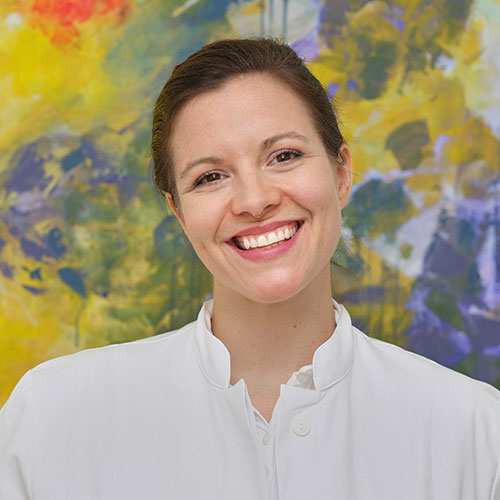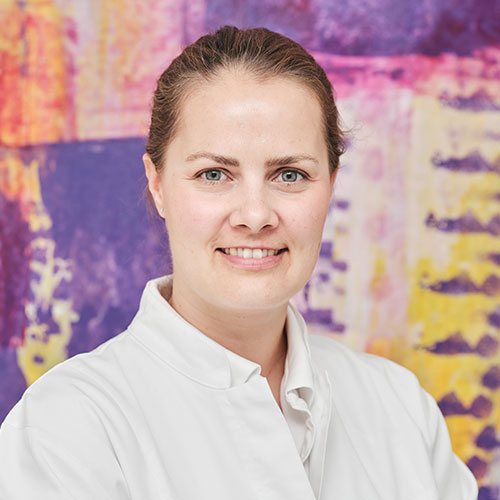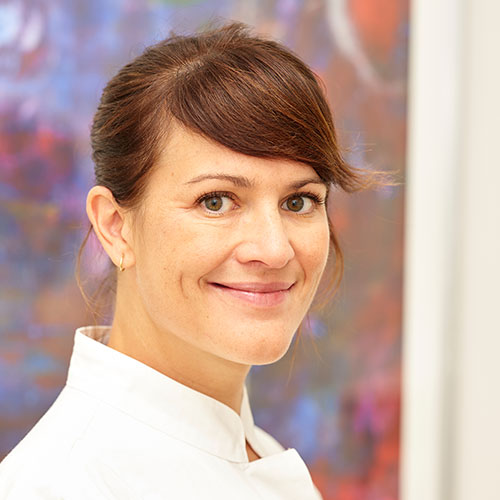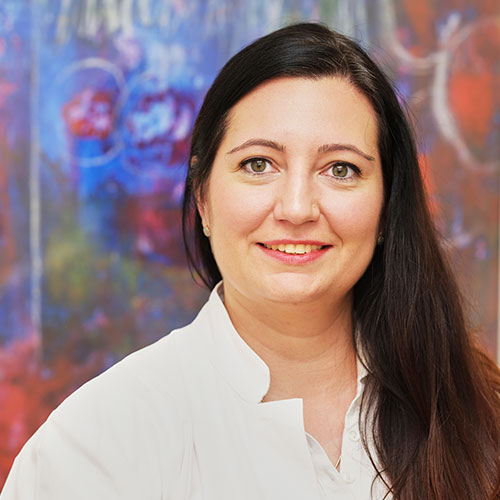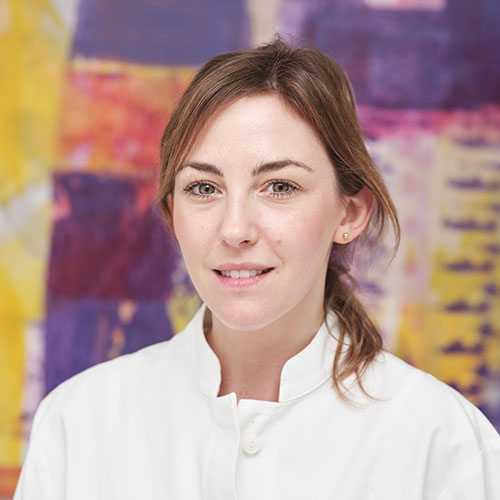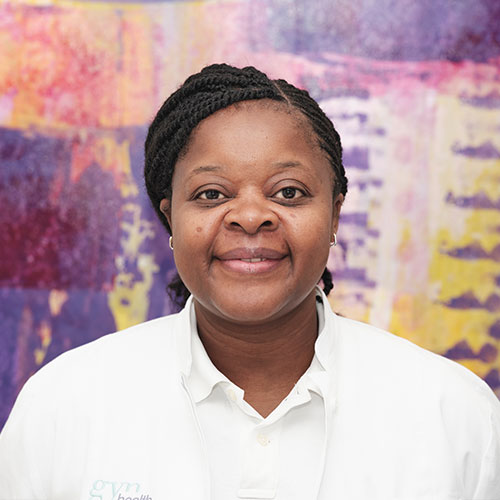- Gynecology »
- Obstetrics »
- Infertility »
- Breast Symptoms »
- Special consultation »
-
Employees
»
- Gudrun Mehring
- Dr. med. Juliette Schmid-Lossberg
- Prof. (UNIC) Dr. med. Bettina von Seefried
- Dr. med. Claudia S. Hutzli Schaltegger
- Dr. med. Friederike Bender
- Dr. med. Jennifer Pohle
- pract. med. Josiane Reissner
- Dr. med. univ. Martina von Watzdorf
- Dr. med. Carolin Hecht-Kleine Wortmann
- Dr. med. Anna Fischer
- Dr. med. Isabella Kiefer
- Dr. med. Isabella Thiel
- pract. med. Martina Labhart
- Dr. med. Michèle Germann
- pract. med. Nikoleta Dimitrova
- Monika Maria Warken
- Dipl. Ärztin Johanna Janku
- PD Dr. med. Gabriela Amstad, IBCLC
- Dr. med. Tatjana Thum
- Alvine Tchewa Peuneu
- Dr. med. Lidija Stevanović
- Tabea Meier
- Brigitte Merz
-
gynSurgery
»

Adivsory Articles
Diagnosis and treatment of genital descent - or what to do if you feel something in the vagina?
The term ‘genital descensus’ refers to the prolapse of the internal genital organs (bladder, bowel or uterus) and is an important disorder of the female pelvic floor.
READ MOREInduction of labour: your options and what you should know
The normal labour period is usually between 37 0/7 and 41 3/7 weeks of pregnancy. During this time, the mother's body prepares for the birth and labour usually starts on its own as soon as the baby is ready to be born.
READ MOREHPV vaccination and early cancer detection
4-5% of all cancers worldwide are caused by HPV (human papillomaviruses). The most common cancer caused by HPV is cervical cancer.
READ MOREHeavy menstrual bleeding - causes and treatment options at gynhealth
About one in five women of childbearing age is affected by heavy menstrual bleeding. They are one of the most common complaints in gynaecology and severely impair quality of life. The good news is that there are effective therapies that can lead to a reduction or even an end to the symptoms. A thorough examination by a gynaecologist is therefore recommended.
READ MOREMen in the gynaecological practice and when do men actually have to have a check-up?
It's not just women who wait in the waiting rooms of our surgeries. Men are an important and welcome part of our everyday practice and clinic life. Men accompany their partners to the birth, to pregnancy check-ups, to consultations in the case of serious diagnoses or to fertility consultations. Many issues that we encounter in gynaecological consultations affect not only the woman, but also the couple.
READ MOREUmbilical cord blood
Umbilical cord blood is the blood that remains in the rest of the umbilical cord and the placenta after birth. Normally, only a few millilitres of this blood are used to measure the baby's pH value and the rest is disposed of with the placenta. The umbilical cord blood can be removed from the umbilical cord without risk to mother and child and stored in an umbilical cord blood bank.
READ MOREPolycystic ovarian syndrome
Polycystic ovarian syndrome (PCOS in short) is a common hormonal disorder affecting up to 18% of all women.
READ MOREFemale puberty development
Puberty is a special phase of life in which girls develop into young women. It is characterized by physical changes such as growth and maturation of the sexual organs – but also by psycho-emotional changes.
READ MOREPreeclampsia screening: Safety for you and your child
Preeclampsia is a pregnancy-related condition that can occur in the second half of pregnancy and is characterized by increased blood pressure and protein in the urine. Symptoms include headaches, blurred vision, water retention, and abdominal pain, among others.
READ MORE





